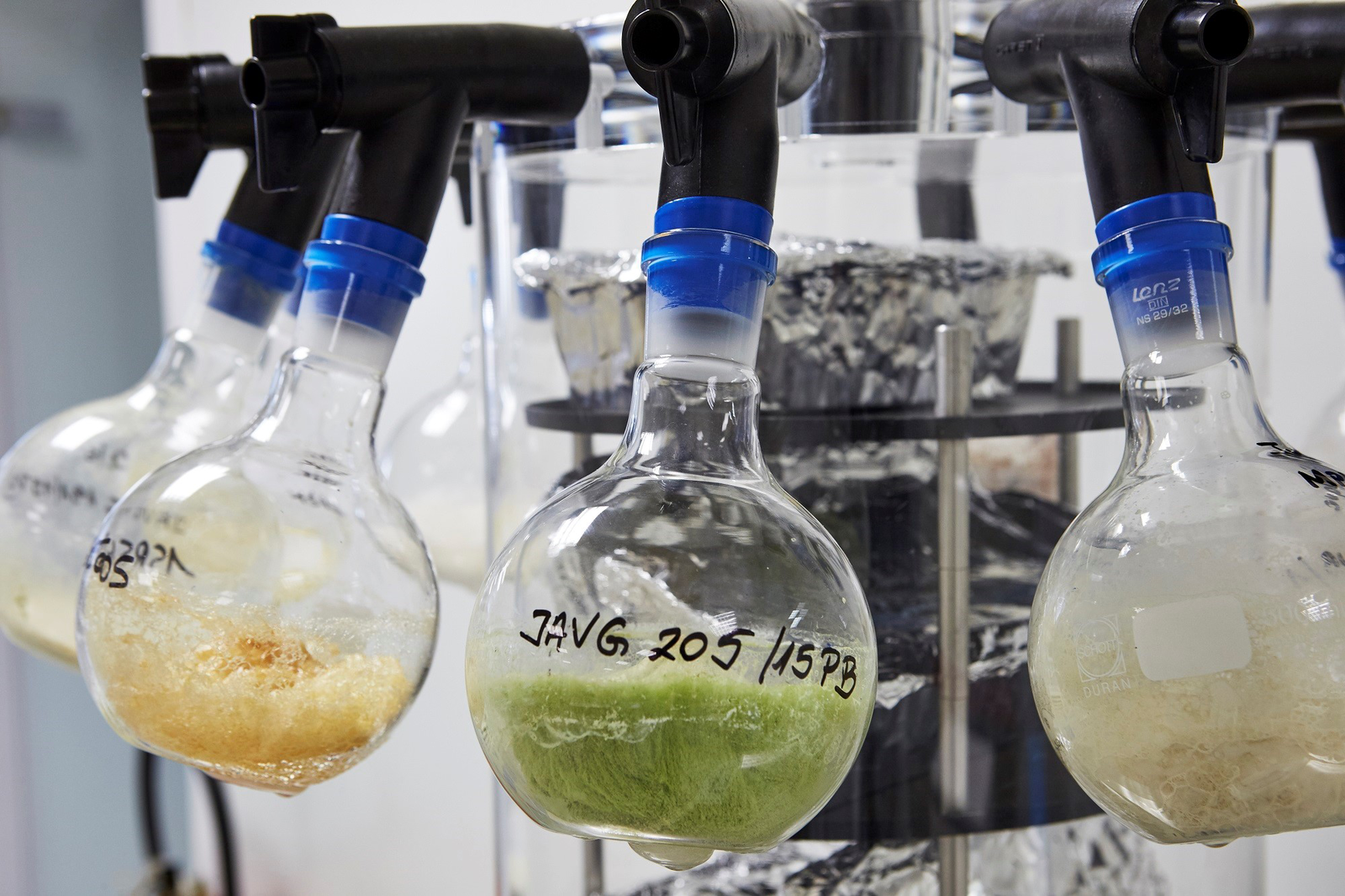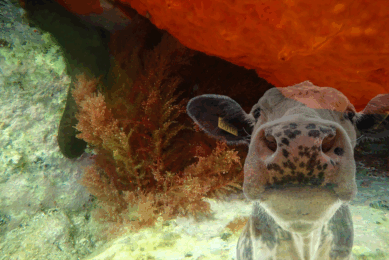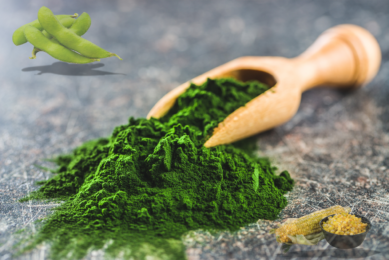Marine algae to reduce the use of antibiotics

A compound extracted from green algae could be used in livestock feed to improve animals’ resistance to infections and therefore reduce the use of antibiotics.
This was shown by Olmix Group and Inra researchers who teamed up to study the algae. They showed that a compound extracted from green algae inhibited the growth of pathogenic bacteria in vitro and stimulated the production of immunity mediators by intestinal epithelial cells. According to the researcher this is promising for using this green algae as antibiotic alternative or an aid in vaccine strategies.
Potential applications in humans & livestock
Marine algae are chlorophyll-containing aquatic plants that grow on the seabed. They are classified in 3 groups depending on their pigments:
- brown algae (phaeophyceae),
- red algae (rhodophyceae) and
- green algae (chlorophyceae or ulvales).
Also read: Brown algae studied the most for use in feed
A review in the Journal of Animal Feed Science and Technology looked at the different seaweeds available and how they can be used for ruminants, pigs, poultry and rabbits. Which seaweed species are available?
The cell wall of these marine algae, are rich in sulfated polysaccharides, which possess physicochemical and biological properties that could have potential applications in the pharmaceutical industry, biomedicine, cosmetology and farming or as additives in human and animal food.
Marine sulphated polysaccharides (MSP)
Created in 1995, Olmix Group is specialised in promoting the use of green algae harvested in Brittany by processing them into innovative natural products for plant, animal and human nutrition and health sectors. With the aim of identifying beneficial bioactive molecules, Olmix Group prepared an extract of sulphated polysaccharide known as marine sulphated polysaccharides (MSP), using Ulva armoricana green marine algae harvested in Brittany. Within a research partnership between Olmix Group and the Inra Val de Loire Infectiology and Public Health Research Centre, an MSP was studied in vitro to test its capacity to inhibit bacterial growth and stimulate the production of immunity mediators.
See All About Feed’s dedicated section on New Proteins for more articles on Algae
MSP’s: Inhibiting bacterial growth in livestock
The MSP’s ability to inhibit bacterial growth was observed on a panel of 42 strains of pathogenic bacteria isolated from livestock or their environment. MSP also induced an increased production of cytokines, in an in vitro system of differentiated porcine intestinal epithelial cells. The stimulation of these immune mediators indicate a potential stimulation of intestinal immunity by MSP.
Further study: Potential for antibiotic reduction on farm
Marine algae represent a source of natural bioactive molecules (including MSPs), which could be used in livestock feed to inhibit the growth of pathogens and boost the immune response. This could improve animals’ resistance to infections and reduce the use of antibiotics on farms. Inra and Olmix are pursuing their partnership to determine the MSP’s mechanism of action, identify the cell receptors involved in recognizing MSP and confirm the in vitro results with in vivo testing.
The results of this study were published on 8 March 2016 in the Journal of Applied Phycology.











